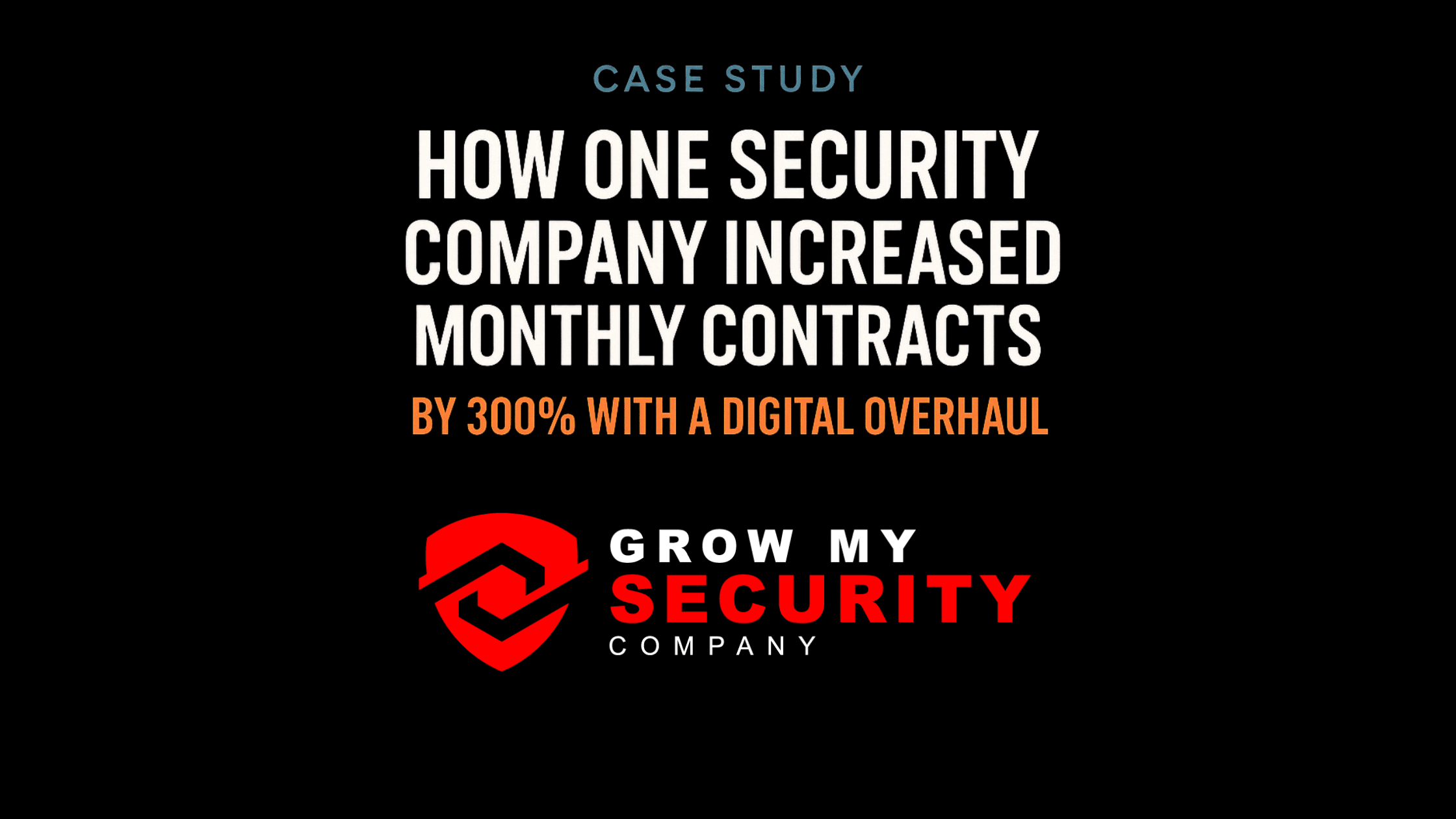How can I improve my website security?
Ensuring robust website security is a paramount concern for businesses in today’s digital landscape. With cyber threats becoming more sophisticated and prevalent, a solid defense against potential breaches is critical. Here at Grow My Security Company, we understand the significance of safeguarding your online presence, and we have curated a comprehensive guide to help you improve your website security.
Firstly, keeping your software up-to-date is vital. Regularly updating your Content Management System (CMS), plugins, and any other software used on your website minimizes vulnerabilities that hackers could exploit. Hackers often target outdated software, so staying current is a simple yet effective defense.
Secondly, implementing strong and unique passwords for all your website’s accounts is essential. Avoid common passwords and use a combination of uppercase and lowercase letters, numbers, and symbols. Password managers can help you generate and store these complex passwords securely.
What is the best security for a website?
The best security for a website encompasses a multi-layered approach, utilizing various techniques to protect against different types of threats. At Grow My Security Company, we recommend the following security measures to ensure the utmost protection:
- SSL (Secure Sockets Layer) Certificate: This cryptographic protocol encrypts data transmitted between a user’s browser and the web server, safeguarding sensitive information from potential hackers.
- Web Application Firewall (WAF): A WAF acts as a barrier between your website and malicious traffic, filtering out harmful requests and preventing unauthorized access.
- Two-Factor Authentication (2FA): Implementing 2FA adds an extra layer of security by requiring users to provide a secondary form of verification, such as a one-time code sent to their mobile device, in addition to their password.
- Regular Backups: Scheduled backups of your website’s data are crucial in the event of a security breach or data loss. This allows you to restore your website to a previous, safe version.
- Security Monitoring and Incident Response: Employing real-time monitoring tools and a well-defined incident response plan enables early detection and rapid action in case of a security incident.
Why website security is important for your business?
In today’s digital age, your website serves as the face of your business, representing your brand to the online world. Consequently, a secure website is not just an option but a necessity for several reasons:
- Protecting Customer Data: If your website handles sensitive customer information, such as personal details or payment data, a security breach could severely damage your reputation and expose your customers to identity theft or financial fraud.
- Maintaining Customer Trust: A secure website instills confidence in your visitors, assuring them that their interactions with your platform are safe and their data is in good hands.
- SEO Ranking: Search engines, including Google, prioritize secure websites. By ensuring robust security, you improve your chances of ranking higher in search engine results, driving more organic traffic to your site.
- Financial Loss Prevention: A website breach can lead to financial losses in terms of data recovery, reputation management, and potential legal consequences. Investing in website security is a proactive measure to prevent such losses.
How and what security features can you apply to your website?
When it comes to securing your website, the devil is in the details. Implementing the right security features can significantly fortify your website’s defenses. Here are some essential security features that you can apply:
- Secure Hosting: Choose a reputable web hosting provider that offers advanced security features, including regular malware scanning, firewalls, and DDoS protection.
- HTTPS: Secure your website with an SSL certificate to enable HTTPS, ensuring all data transmitted between the user and server is encrypted.
- Robust Authentication Mechanisms: Besides enforcing strong passwords and 2FA, consider implementing other authentication methods like biometrics for enhanced security.
- Regular Updates and Patches: Stay vigilant in applying updates and security patches for your website’s CMS, themes, and plugins to fix vulnerabilities promptly.
- Limit Access Permissions: Grant access only to those who genuinely need it and define user roles with specific permissions to reduce the risk of unauthorized access.
- Security Plugins and Tools: Utilize reputable security plugins or third-party security services to add an extra layer of protection.
- Backup and Disaster Recovery Plans: Regularly back up your website’s data, and have a comprehensive disaster recovery plan in place to restore your website quickly if needed.
In conclusion, prioritizing website security is not an option but a necessity in today’s cyber-threat landscape. By following the expert strategies outlined by Grow My Security Company, you can significantly improve your website security and protect your business and customers from potential threats.







